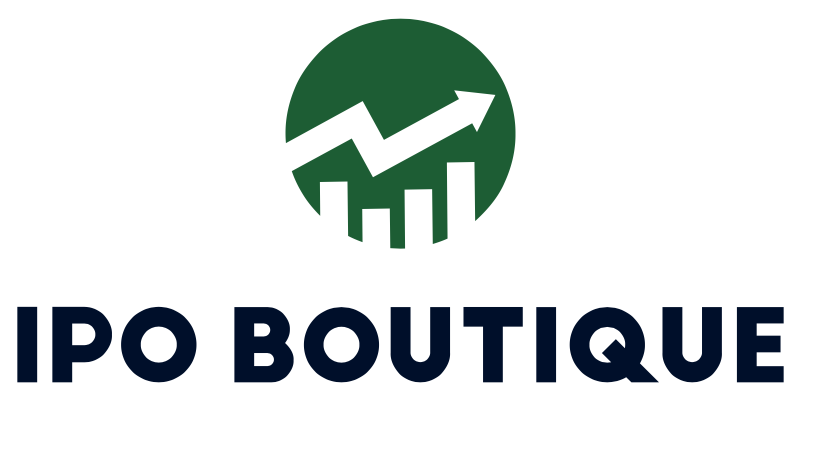The IPO market is likely in hibernation mode until after Labor Day…allowing us to re-evaluate successful and broken IPOs and to digest the large amounts of data and news that presents itself with the stock market.
A solid IPO reporter from Bloomberg, Leslie Picker, tweeted out a link to a blog post about the performance of venture-backed IPOs. The highlights: among tech IPOs that went to market, it took, on average, 11-years for a company to be founded before coming to market with an IPO. The majority of the money made, according to the article, occurs in the private market. From the final round of fundraising to the IPO price, the average gain was 190%. The best performing tech performing IPOs from the years of 2015, 2014, and 2013 to the present has been Fitbit with 107%, 2U with 184%, and Tableau with 230%, respectively.
The San Francisco Bay Area Chronicle did an article (subscription required) about a couple broken IPOs that have come from Silicon Valley. The negativity highlighted the woes of Castlight Health (Nasdaq: CSLT), Lending Club (NYSE: LC) and Twitter (NYSE: TWTR). A stat I found intriguing, of the 109 Bay Area companies (Silicon Valley) coming to market, 43% of them are currently trading below their IPO price.
If that doesn’t get you excited about the tech IPO landscape, maybe an IPO in the pipeline will. Pure Storage ($PSTG) filed for #IPO on August 12th and is considered to be one of the next highest profile companies to IPO since Box (NYSE: BOX). CNBC lists this data storage company as one of its top ‘disruptors’ in the private market.
Another deal rumored in the pipeline is along the lines of the recent fitness trend–SoulCycle. Barron’s wrote an article highlighting how SoulCycle is the exact opposite as the economical Planet Fitness (Nasdaq: PLNT) style gym that provides memberships for $10/month. SoulCycle charges on average, $32 per class according to the article.
And to keep tabs on China’s market, IPOs are said to resume at the end of the year by some analysts. It will be interesting to see the effect of companies raising capital in a well-documented slowing Chinese economy.
